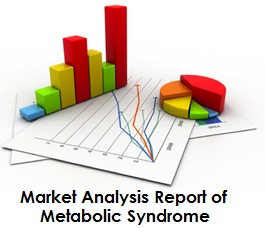Hanan A Alfawaz
King Saud University, Saudi Arabia
Title: Dietary patterns and prevalence of metabolic syndrome in Saudi patients with diabetes and Ischemic Heart Disease
Biography
Biography: Hanan A Alfawaz
Abstract
Few studies have reported the relationship between diet and Metabolic Syndrome (MS). Our aim is to identify the predictors of MS among obese, diabetic and cardiac Saudi patients, and to find out the relationship between MS and dietary pattern. A cross-sectional study, 448 obese, diabetic and Ischemic Heart Disease (IHD) patients were participated. Questionnaire and multiple 24h dietary recall for three consecutive days were designed for this study. Biochemical indices of glucose, and lipids,anthropometric and BP were measured. The prevalence of MS among subjects using the criteria of modified National Cholesterol Education Program and Adult Treatment Panel III (mNCEP-ATP III) and International Diabetes Federation (IDF) were found to be 80.1% and 75.4% respectively. MS was significantly (p≤0.05) higher among male. According to the MnCEP-ATP III definition low HDL-C was the most common indicator of MS. Abdominal obesity was significantly (p≤0.05) higher in female. According to the IDF definition abdominal obesity was the most common indicator of the MS. There were a high consumption of cholesterol and saturated fatty acids and low consumption of polyunsaturated fatty acids among these patients. Significant relationships (p ≤0.05) were found between consumption of red meat, fast food and animal fats and presence of MS predictors. Significant relationships (p ≤0.05) were found between consumption of grain and grain products and legumes and higher triacylglycerol (TAG) level. The study includes some other relationships between MS and the dietary pattern. The prevalence of MS among these patients was extremely high, which supposed to be controlled by both medications and diet. Consumption of certain diet elements has strong relation to development of MS.

